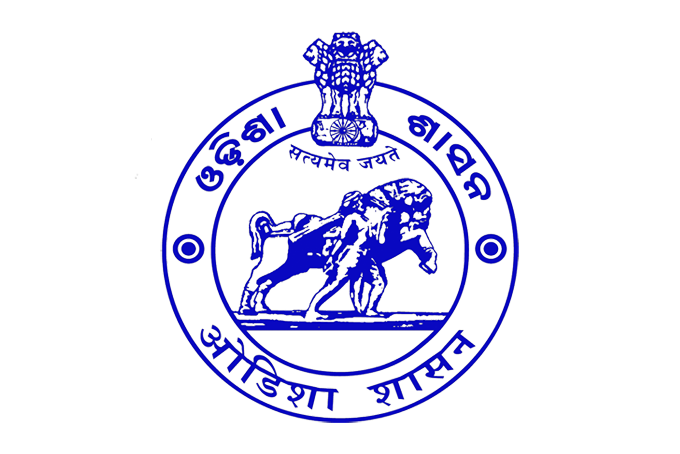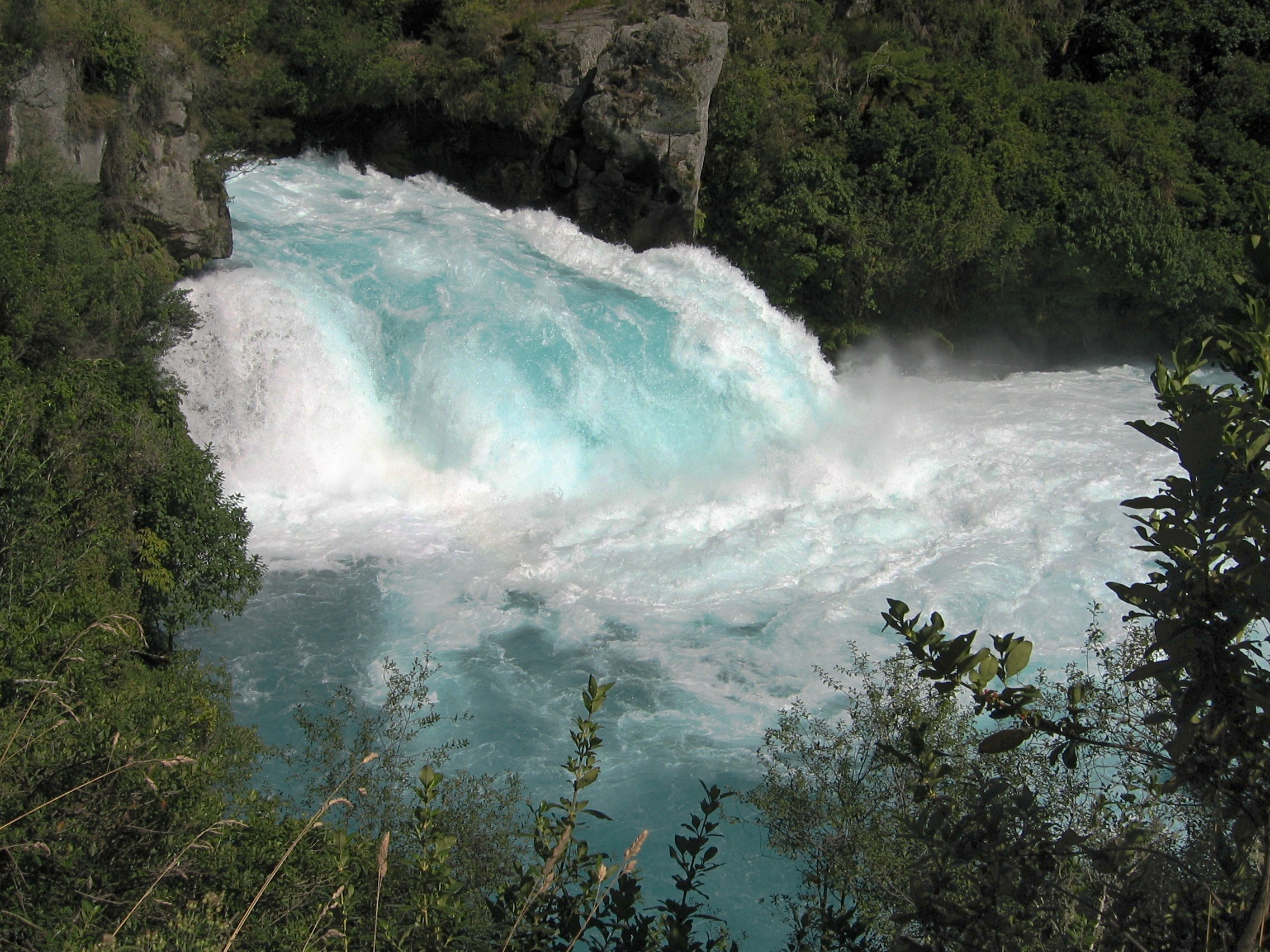Deomali Hill stands as a mesmerizing natural wonder nestled in the heart of Odisha's Koraput district, representing an extraordinary intersection of geological magnificence and cultural diversity. As the highest peak in the state, rising majestically to 1,672 meters within the Chandragiri-Pottangi subrange of the Eastern Ghats, it offers a panoramic landscape that narrates centuries of indigenous existence and environmental richness.
The region surrounding this remarkable elevation is home to several indigenous tribes, including the Kandhas, Parajas, Bhumia, Malis, and Bhotias, each contributing to a complex tapestry of cultural traditions and ecological wisdom. These communities have cultivated a profound understanding of agricultural practices that extend far beyond mere survival, preserving genetic diversity in rice cultivation that has attracted global scientific interest.
Historically, Deomali has been a witness to numerous dynastic transitions, from the powerful Kalinga Empire through conquests by Chalukya, Chola, and Gajapati rulers. The landscape bears silent testimony to architectural developments and political transformations, while simultaneously maintaining its intrinsic connection to the natural world that has sustained its inhabitants for generations.
The agricultural practices of local tribes represent a sophisticated interaction with the environment, recognized internationally by the FAO as a Globally Important Agricultural Heritage System (GIAHS). Mountain streams are ingeniously channeled to irrigate terraced fields where traditional crops like rice, millet, and corn thrive, demonstrating an agricultural approach that balances human needs with ecological sustainability.
Natural beauty defines Deomali's essence, with its lush forests, meandering brooks, and deep valleys creating a landscape of breathtaking diversity. The peak offers stunning visual experiences, particularly during sunrise and sunset when the sky transforms into a canvas of vibrant oranges, pinks, and purples. Nearby attractions like the Putsil Valley and Rani Duduma waterfall further enhance the region's natural allure.
Architectural expressions in Deomali are subtly integrated with the natural environment, reflecting the deep cultural wisdom of local tribes. Traditional building techniques demonstrate an intimate understanding of landscape and climatic conditions, with modern initiatives like Chandoori Sai and Desia resorts offering visitors authentic experiences that honor indigenous architectural principles.
Despite its extraordinary cultural and natural significance, Deomali faces infrastructural challenges that limit its potential as a tourist destination. The state tourism department has acknowledged these limitations, with plans to develop basic amenities and improve accessibility. However, for adventurers and cultural enthusiasts, these very challenges contribute to the region's raw, unadulterated charm.
Ultimately, Deomali represents more than a geographical location—it is a living narrative of human adaptation, cultural resilience, and environmental harmony. Its significance extends beyond physical boundaries, embodying a profound connection between human communities and the natural world that continues to inspire and intrigue those who venture into its realm.




